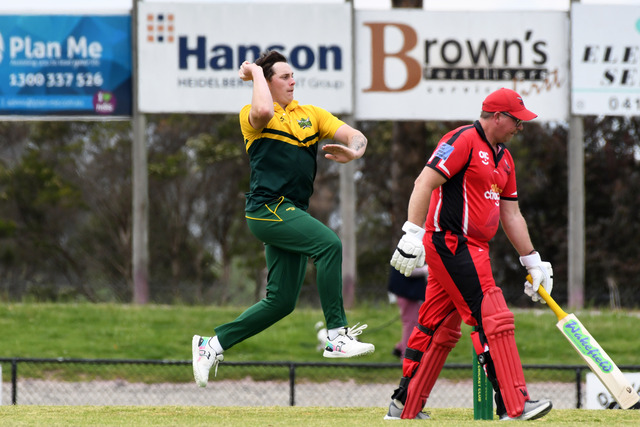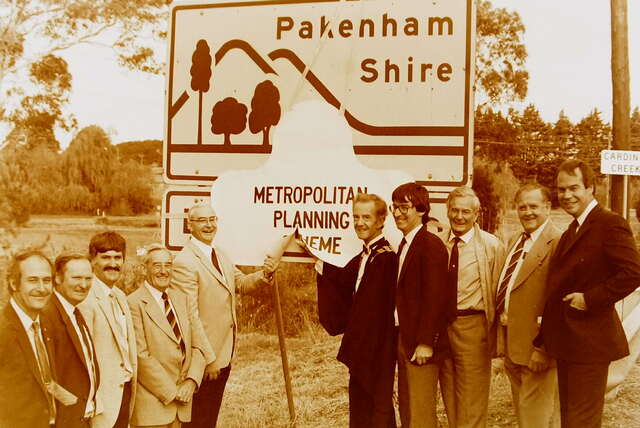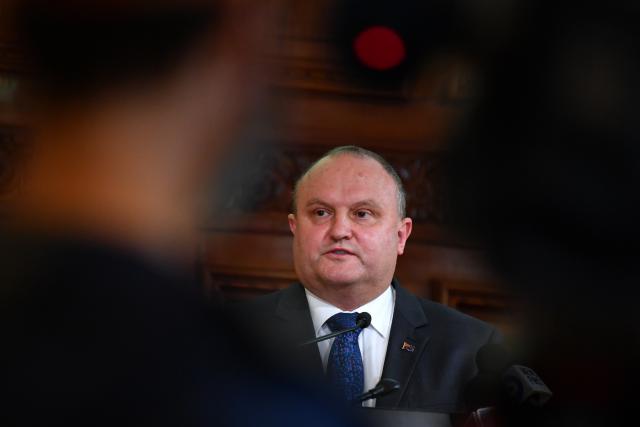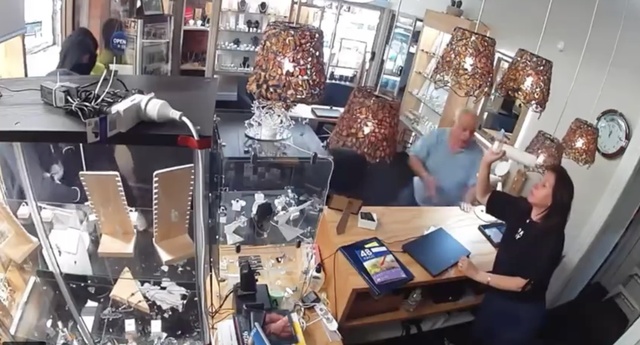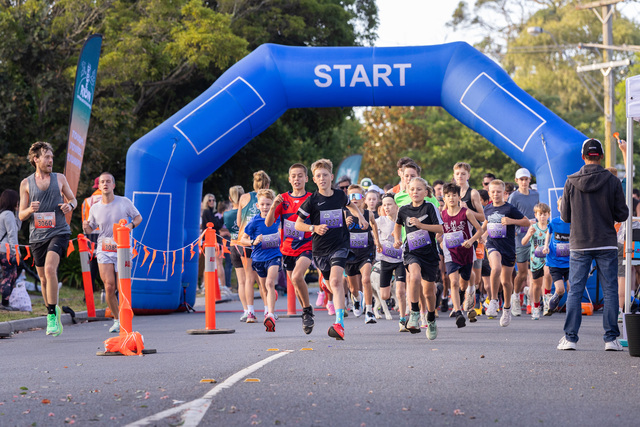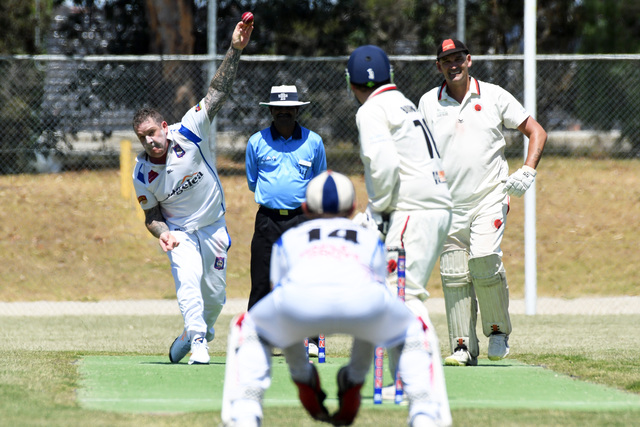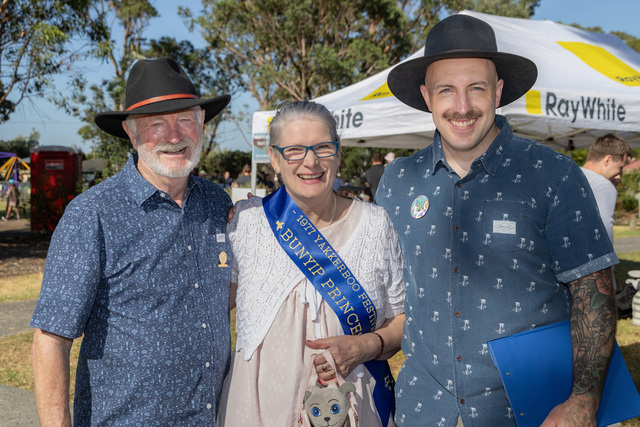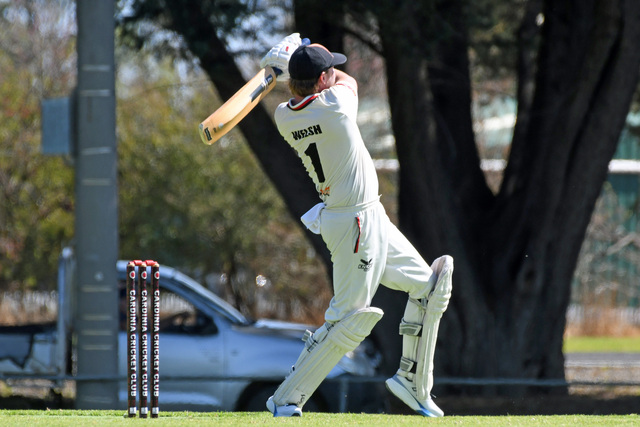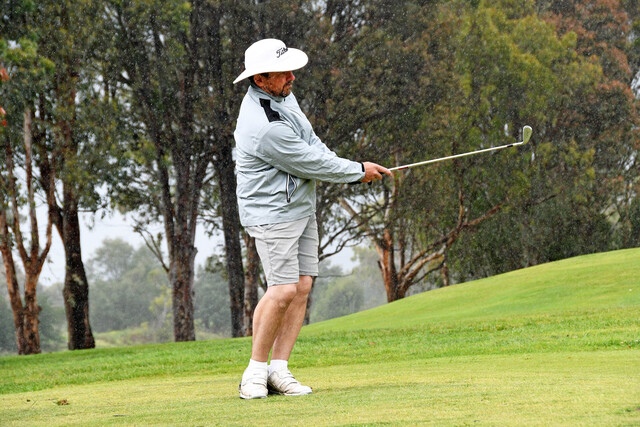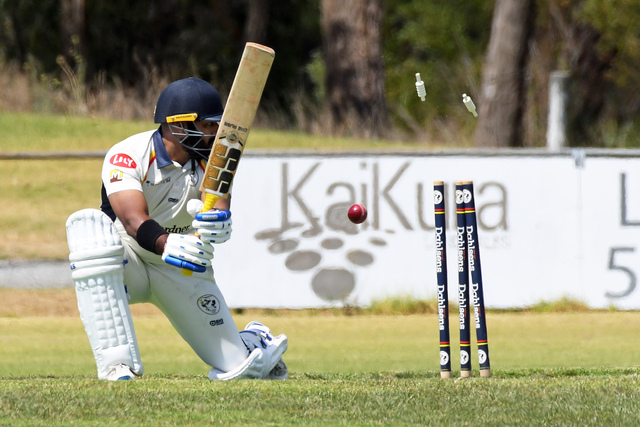Organic growth from within and strengthening the current landscape will be the focus of Brett Connell’s first 12 months as Outer East Football Netball’s new Chief Executive.
Bringing with him a wealth of experience at the community sport level, from roles at the Victorian Amateur Football Association (VAFA), Cricket Australia and AFL Victoria, Connell has replaced Aaron Bailey, who tendered his resignation late last year after six years in the role.
Having hit the ground running with securing affiliation with AFL Victoria once again last week, Connell said that his next priority is to speak with clubs across the competition to assess the needs, strengths and weaknesses of both the competition and its stakeholder clubs.
“You want to make sure you’re coming from a solid base and making certain that the club structures are in-place here, that there’s a nice flow from juniors through to seniors and we’ve got our junior structures right that support our senior clubs in the North and the South,” Connell said.
“That’s where I see growth happening straight away.
“I’ve got to make certain that there’s more boys and girls in football and netball playing our sports in the regions that we cover and the council shires that we cover as well.
“I think what we want to do is focus on how we can support every club we have in a football and netball sense to make certain they’ve got a future.
“Making certain that this is the competition they want to play in with their football, netball and juniors.”
Capitalising on the “healthy” position the league finds itself in financially, the example shown by Berwick Springs is one he views as a successful case study of internal growth, an emerging club in Melbourne’s rapidly expanding outer south-east growth corridor established after the creation of their junior club in the early 2000s.
Expansion in the form of plucking clubs from other leagues, meanwhile, is not on the horizon.
While the competition welcomes Hallam to Division One from the Southern Football Netball League in 2023, Connell does not see clubs moving from league-to-league as a sustainable solution for long-term success.
“We need to get our own shop in-order first before we start looking beyond,” he said.
“I think we’ve proven in the last 10-15 years, we’ve been so accommodating to other competitions and clubs that have come to our competition.
“They’ve broadened and stretched our competition more to the North and more to the South than they ever have, and that’s presented its own challenges.
“I think looking beyond your own backyard is a little dangerous at times.”
With cost of living pressures squeezing budgets on every level, grassroots sports are not immune, with clubs expecting an increase in operating costs in season 2023.
While player registrations have remained “pretty constant” according to Connell, umpiring costs have experienced a minor increase.
Already feeling the pinch after close to two years of inaction due to the pandemic, it’s another burden to the recreational outlet that key decision makers and figures at clubland would rather not be required to consider when completing their budgets and excel spreadsheets.
But the return to affiliation with AFL Victoria is set to reduce the burden on those costs, with eligibility to grants and funding programs such as the Strategic Community Investment Fund, Country Football Netball Grants Program and the Community Club Sustainability Program.
As such, a review of club’s affiliations is underway.
“There were budgets put in place in October, November, December, which at that time, Outer East Football Netball League was a stand-alone body that wasn’t aligned with AFL Victoria so all the budgeting is done specifically around that,” Connell said.
“There’s a genuine cost that’s come across from apparel, and other associated footy matters like footballs, netballs, uniforms, all those things.
“We tried to defray as much as we possibly can.
“I think the focus is more-so on the commercial benefit that we can bring in.
“More commercial partners means that we can reduce costs and maintain costs at a more manageable level.
“That’s our focus right now, but as I said, we are looking to review the current club affiliations.”
The requirement for new garments and apparel due to the affiliation will provide short-term pain, but will bring intangible benefits, according to Connell.
“If there are individual cases and issues of hardship with junior clubs and senior clubs, we’d certainly take them on a case-by-case basis,” he said.
“In the main, if we’re going to be serious about the professionalism of the competition, we need to make-certain that the AFL Outer East Football and Netball logo is going to be front-of-mind for everybody, rather than carrying Worksafe logos, which are not relative to us right now.
“ISC, who are our licensed apparel supplier, have kept costs to a reasonable level as well, despite costs for them going up in terms of manufacturing, freight, storage, all that sort of thing.
“(in) 2020 and 2021, clubs bought new jumpers, and case-by-case if they come to us and say ‘We’ve got sets that have basically been unused for the past three years, can we find a solution?’ Let’s talk about that. “But there hasn’t been too many that have come at us at this stage.”
With the season just over one month away from kicking-off, Connell can’t wait for the action to begin.


